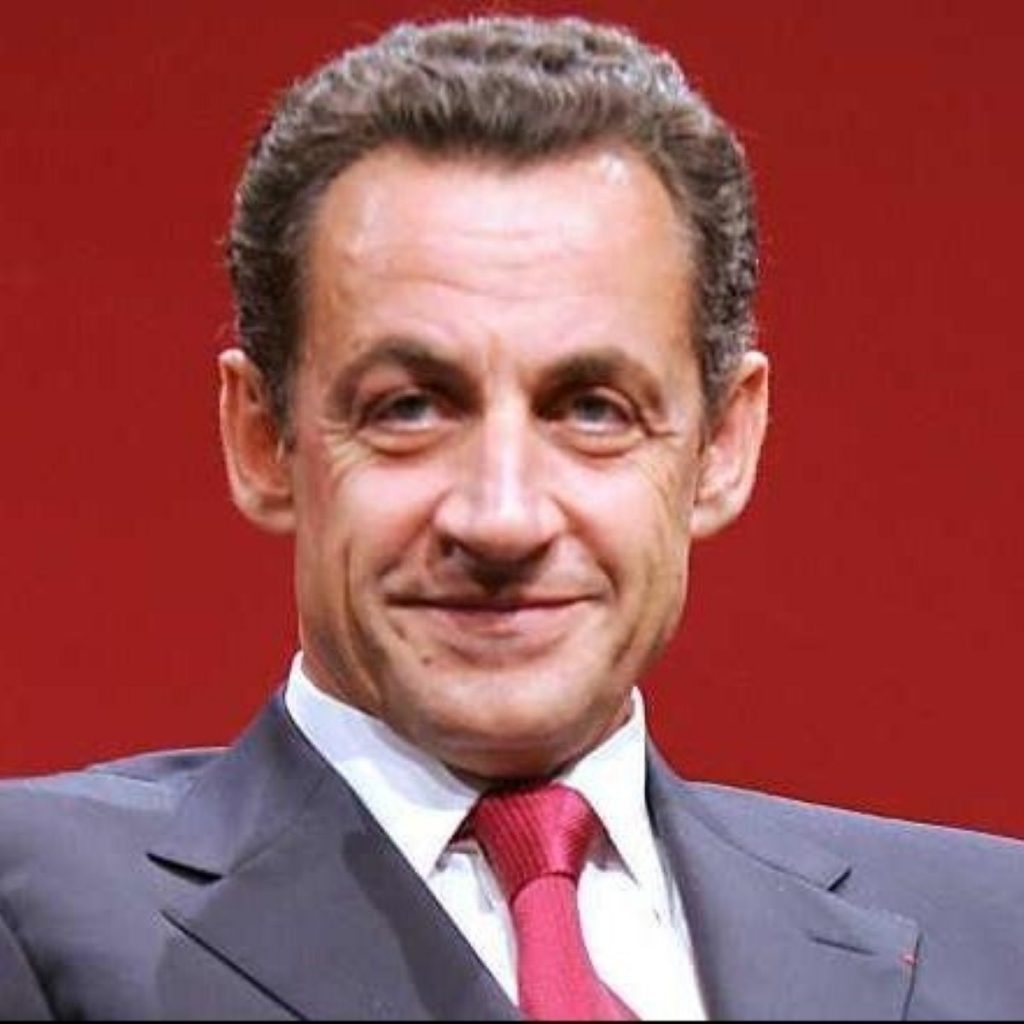France adopts EU presidency
France has adopted what many are calling ‘the poisoned chalice’ of EU presidency, just as the Union struggles to overcome rifts in its membership.
Ireland recently rejected the Lisbon treaty, dragging the European project into a protracted political and legal wrangle over the vote’s repercussions. And now Poland is refusing to ratify the treaty.
As he adopted the six month presidency, Nicolas Sarkozy, French president, said things are “not going well at all”.
In a live televised interview yesterday, Mr Sarkozy said he would look to address people’s concerns by pushing for tax breaks on a range of items from petrol to green goods.


“Things are not going well. Things are not going well at all,” he said on Monday.
“Europe worries people and, worse than that, I find, little by little our fellow citizens are asking themselves if after all the national level isn’t better equipped to protect them than the European level.”
The French president’s plans to use the coming six months as a model for Europe’s effectiveness were dealt a considerable blow by the Irish referendum.
The reforms the treaty specified – designed to streamline decision-making in the often crippling slow bureaucratic system – now seem further away than ever after Poland’s announcement it does not plan to ratify the Lisbon treaty.
Polish prime minister Lech Kaczynski told the Dziennin newspaper such a move would be “pointless” given the Irish rejection of the treaty in its referendum on the issue last month.
“For the moment, the question of the treaty is pointless,” he said.
“If one breaks the rule of unanimity one time, it will never exist again.”
EU leaders have agreed to put the Lisbon treaty to one side until October as more member states proceed to ratify it. Many, including Britain, hope further ratifications will place pressure on the Irish in a potential second referendum.
Poland has a history of needing persuading on the Lisbon treaty. Former British prime minister Tony Blair was among a group of senior leaders forced to stay up all night persuading Mr Kaczynski and his colleagues that it was worth signing in the summer of 2006.

